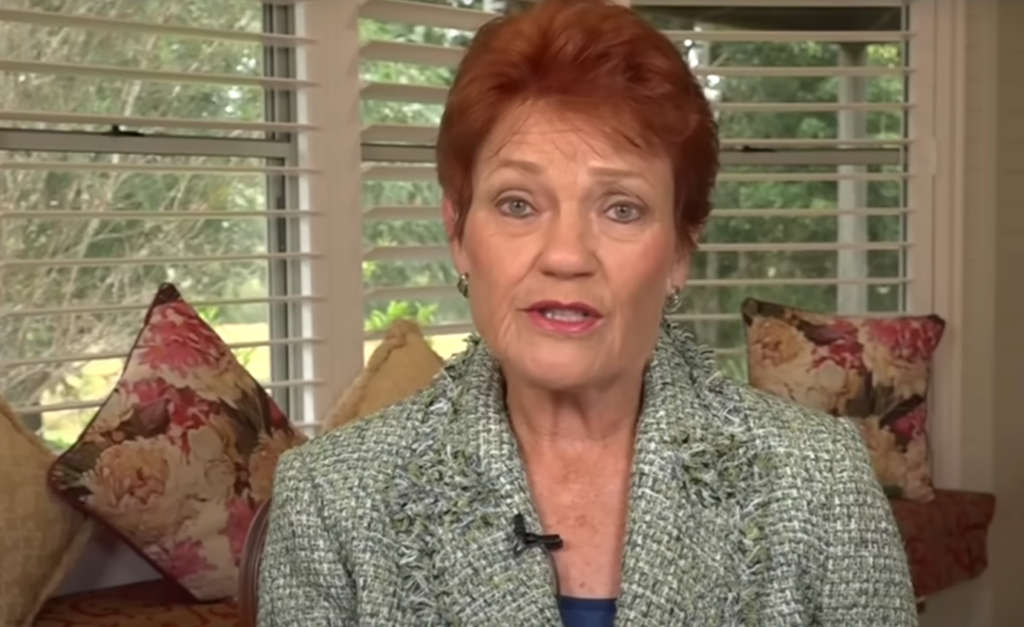Pauline Hanson’s One Nation has doubled its representation in the Senate, with the party winning the final upper house seats in both New South Wales and Western Australia.
The surprise results for One Nation, announced on Friday by the Australian Electoral Commission, will see the party have a total of four seats in the Senate, the same number as the Nationals.
Pauline Hanson and Malcolm Roberts will be joined by Warwick Stacey (NSW) and Tyron Whitten (WA). Whitten is the co-founder of construction services company Whittens while Stacey is a former member of the British army. Four seats is the most One Nation has ever held in the Senate.
In both WA and NSW, Labor had been expected to win the final Senate spots.
Speaking to Sky News, Pauline Hanson said One Nation was focused on “getting rid of net zero” and getting out of the Paris climate agreement.
“Climate change is a scam,” Hanson said. “It’s not going to help the Australian people but it’s putting them into more hurt and pain.”
“We will stand firm on our policies, we will advocate what we stand for and we will hold the government to account and state our case to the Australian public.”
With the final results of the Senate now in, it looks like Labor will hold 28 seats, the Coalition will hold 27 seats, and the Greens will have 11 senators. Independents David Pocock and Jacqui Lambie retained their spots. Other independents include Tammy Tyrell, Fatima Payman, Lidia Thorpe and Ralph Babet.
The Coalition has lost five Senate seats, three to Labor and two to One Nation.
Last week, 21-year-old Charlotte Walker was announced the winner of a Senate spot in South Australia. She becomes the youngest senator in Australia’s political history. Walker joined the party at 18 and is currently the president of SA Young Labor and a staffer at the Australian Services Union.
The Senate is made up of 76 senators and legislation needs 39 votes to pass. It means the re-elected Labor government can pass legislation with the support of the Greens without needing to rely on other crossbenchers as it did last term. The numbers mean that independents like David Pocock and Jacqui Lambie, who had been influential in the last term of parliament, will no longer have as much voting power.
Feature image: Pauline Hanson on Sky News.

